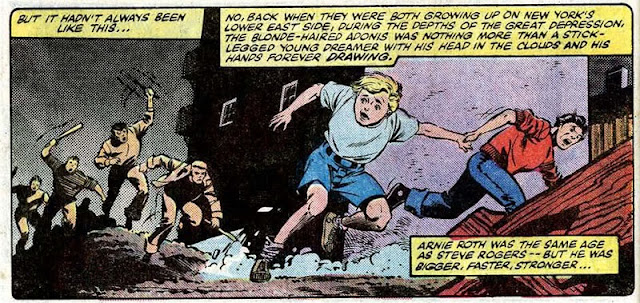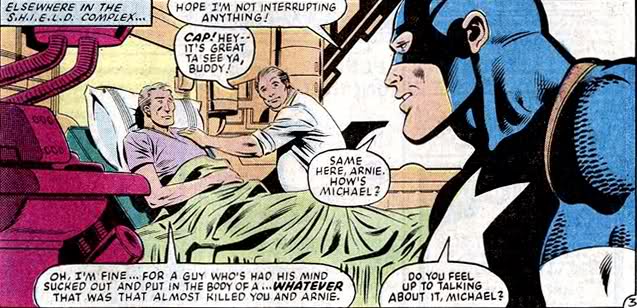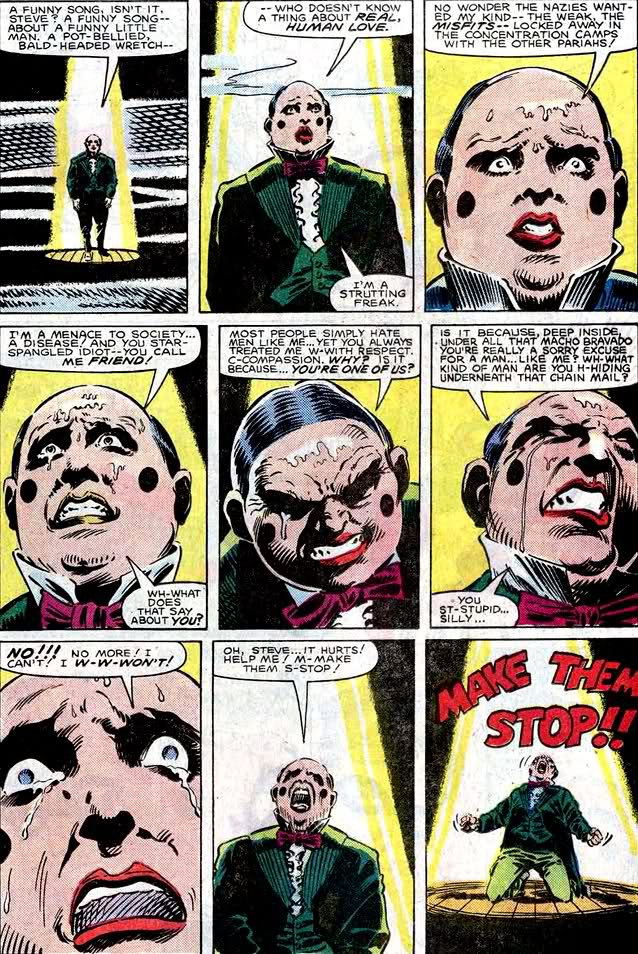TW: discussion of race, safety
Mark Twain was so …low born? I guess is a nice way to say it. He had to seriously convince his wife and her family to consider him as a suitor. Eventually her family said they would consider him if he provided character witnesses. Which he did. And everyone vouched that he would be a terrible husband, to which his prospective father in law sat him down and said “Why does no one like you?”
That’s one of my favorite Mark Twain stories.
Mark Twain, or Samuel Longhorn Clemens, went by a variety of pseudonyms before Mark Twain stuck. He convinced people that it was something to do with riverboats, but actually the name ‘Mark Twain’ most likely comes from his drinking habits, informing barkeeps to mark his tab for two at a time.
Today Mark Twain is thought of as a prolific author and humorist but really, if you look at him within the time he lived, Mark Twain was probably best described as the first successful stand up comedian. He made his name playing to auditoriums: monologuing, telling hairy dog stories, and providing political commentary. In his 60s he completed a world tour, the first of it’s kind for this sort of act, and it was an act. Mark Twain was a performance character.
Later in life the lines apparently blurred. After his wife died he took to wearing collegiate robes as everyday wear because he was proud of his honorary degrees, as well as his famous all-white suits. Wife’s dead, need a costume, always disappear into a bit.
Apparently Mark Twain could be pretty insufferable, embarrassing his daughters by bursting into songs, especially minstrel songs, and 20 minute monologues, performing sets whenever company came over.
He grew up in the deep south, fled west to avoid conscription in the rebel army, and became a very sympathetic voice for the Chinese immigrant population in San Francisco where he first began performing as a public speaker. He stated that as a youth he had never considered if racism even existed as slavery and white supremacy had been so ingratiated into southern society; it wasn’t until moving west and seeing the treatment of the Asian population there that he was able to remove himself from the idea and view racism as an outsider.
So, all this to introduce, I reread The Adventures of Tom Sawyer and The Adventures of Huckleberry Finn.
I believe it was Toni Morrison, in an introduction she wrote to the Adventures of Huckleberry Finn, who said that the book’s importance as a way of peering through the curtains into the historical view, the treatment of black folks in American society, the sheer fact that this book was considered remarkably sympathetic and funny at the time, makes it worth teaching.
But perhaps not to a class of predominantly white children, and not by a white instructor.
I spoke with a few people who discussed their discomfort with reading Huckleberry Finn at school under just those conditions, with a small white woman encouraging white kids to say the n-word and telling them that it was censorship if they didn’t. As an adult that sounds bizarre to me, but as a sixteen year old I seem to remember that experience pretty well myself.
Huckleberry Finn isn’t a great book. Plot wise. It’s not that interesting. Huck is a deeply abused, neglected child who runs away with an escaped slave who he has sympathy for—Huck has been so disabused that he figures he’s disliked and going to hell anyway, so there’s no harm in doing something that the other white folks disapprove of if he feels it’s right.
The most important piece of Huck’s character development, and the story arguably, is when he decides to trick Jim, sees that he’s hurt Jim’s feelings, and apologizes to him.
Apologizing would have been unheard of and including that bit, which has no plot value, gives the book all of its moral value.
Huck and Jim interact with teams of white randos who they have to protect Jim from, and then by chance Tom Sawyer turns up, puts poor Jim through some more hell, then laughingly calls it all off because Jim has apparently been freed the whole time and Tom thought it was more fun not to mention it.
Tom hasn’t got any character development in the book that’s from Huck’s point of view, in fact he is a much worse person here than he was at the end of the Adventures of Tom Sawyer.
Each person that Huck interacts with thinks they’re more clever and smart than everyone else, from the woman who calls him out when he dresses as a girl to the King and the Duke, and all of them are consistently wrong and bad at what they do. The humor is in Huck just affably moseying through situations where he should be caught but he isn’t because everyone else trips over themselves to prove that they’re more clever than he is. They underestimate him because of his poverty, his homelessness, his lack of education, and he is quietly the most intelligent character in the book.
I’m not black, I haven’t got any right to teach or preach on this, but I’d just make the observation that Huckleberry Finn is about safety. Perceptions of safety, true safety, and safety’s disregard. It is about escaping abuse, both Huck and Jim. The story ends fine supposedly because they are safe, Jim was allegedly safe all along—but the whole of the plot tells you that Huck was the one who was safe all along; his father was dead and no one was hunting him. Jim never was safe and he still isn’t.
There’s even mention of a freed slave who Pap hates and how he can’t believe no one’s picked him up and sold him yet, apparently needing to wait a time period before it’s legal to kidnap a freed slave.
Tom has no qualms lying, obviously, and it’s him who announces that Jim has been freed. We’re just meant to believe him when he’s done nothing good or helpful the whole book. We’re meant to believe that being freed will do something to change Jim’s traumas or the risk he’s under when the whole book tells us that that isn’t reality.
There is no safety for Jim, ever, at any point; only brief illusions of safety that can be undercut at any time if the white folks feel like it.
Huck declines to go back to being adopted and living in that ingratiated southern society, keeping on the river instead, because he is the only character who learns anything. He won’t backslide into that comfortable society where he could be safe but his friend can’t.
That’s his heroic journey.
I don’t remember my teacher in highschool ever putting it to us like that. Instead we were swept up in talking about what you can and can’t say, with her insisting that we shouldn’t even have that many qualms.
If you can’t teach the book right, you shouldn’t be the one to do it.
Look at that, I got through that whole thing without even mentioning The Adventures of Tom Sawyer. That’s probably why it isn’t the one we teach in schools.










You must be logged in to post a comment.